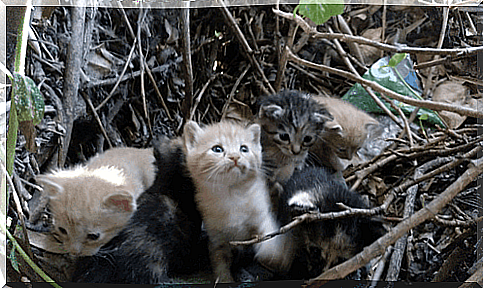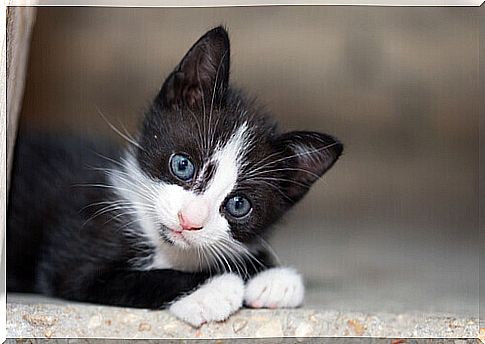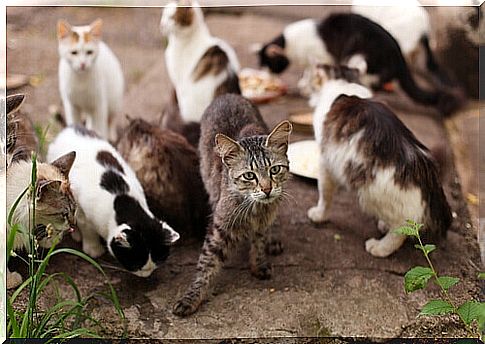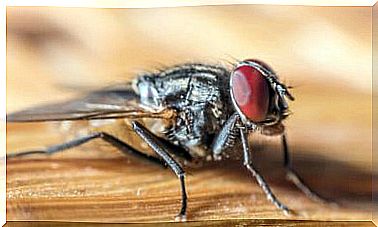CES Project: Everything You Need To Know

In some Spanish cities, the CES project is starting to be launched, both at an institutional level and by associations for animal protection, including private ones.
The title of the project is an acronym and corresponds to the words “Captura, esterilización, suelta” (in Italian: captures, sterilizes, releases), and refers to the colonies of stray cats. The name would suggest a project designed to recover felines from the streets and sterilize them, but the truth is that the project goes much further.
The streets and streets of many of our cities are full of street cats at risk of disease, without any assistance and reproducing out of control. The cats are constantly in heat and, especially with the arrival of spring, dozens of kittens begin to be born on our streets.
Some of these adapt to street life, but many die in the first months of life. And, even if they grow up to be adults, their life expectancy as a stray cat does not exceed 5 years. A domestic cat can live up to 15.
The CES projects
The only proven method to reduce stray cat litters and consequently the cat population on the street is the CES method: capture, neuter and release. Volunteers scattered in the various cities are in charge of collecting, sterilizing and returning to the colonies as many cats as they can.

But a CES project does not start with the sole intention of sterilizing cats: the aim is also to control the colonies.
The volunteers who are assigned colonies have the task of watching over them and taking care of their inhabitants. It involves giving them food and clean water, providing veterinary care if needed, taking care of killing parasites and seeking responsible families for newborn kittens or other abandoned colony cats.
The advantages of a CES project
It takes time and money to look after and control a colony. But there are also many advantages:
- The birth rate and the density of the street feline population are reduced .
- It is sufficient to provide dry food, so as to avoid the proliferation of insects and dirt.
- The control and identification of the cats living in the colonies is carried out. Each receives a chip that identifies him as a street cat, to prevent him from ending up in a cattery.
- By sterilizing them, you avoid any quarrel between cats linked to the conquest of the territory or of females.
- The healthiness of the area is improved, as the territorial marks made with urine are eliminated.
How to know if there are colonies in my city?
Controlled colonies are usually marked with information signs. When a colony is controlled, the cats living there need no other help, just peace of mind.
If there are no information signs, to find out if a street cat is neutered (and has therefore passed through a CES) just check if it has a notch behind its ear.
This is a worldwide practice that is used to know if a cat has already been neutered, so as not to have to capture it. The notch is done by the vet immediately after spaying, when the feline is still under anesthesia. It is painless and, because it is made on the cartilage, it heals after a few hours and does not need any other treatment.
If you see a cat with a notch behind one ear, you will know immediately that someone has already taken care of it.
What to do if I see a controlled colony?
Cats living in a controlled colony normally need nothing more than peace of mind. They are animals that, in most cases, would not be able to adapt to family life at home. Usually, they want nothing to do with humans.

They are cats that live in happiness and freedom in the streets. Furthermore, if their colony is controlled, they will never lack food and veterinary care.
If you would like to help control settlements in your city, check out the information signs with the names and contact details of the organizations that deal with them. You can contact them and offer your help. There is always a need for volunteers, offers of food or money.
If there are no controlled colonies in your city, but you still want to help street animals, you may be taking control of a colony yourself. Remember to give them only dry food and not the remains of human food, and to place the food in a sheltered place and not visible to the eyes of those who might want to poison it.
Street cats are useful because they feed on insects avoiding sores, as well as stopping the proliferation of rats. Thanks to them we can learn respect for all lives: they live with us in the cities. Controlled colonies are the most respectful and humane way to protect them and ensure peaceful coexistence for all.
Source of the main image: Proyecto CES Aragón







